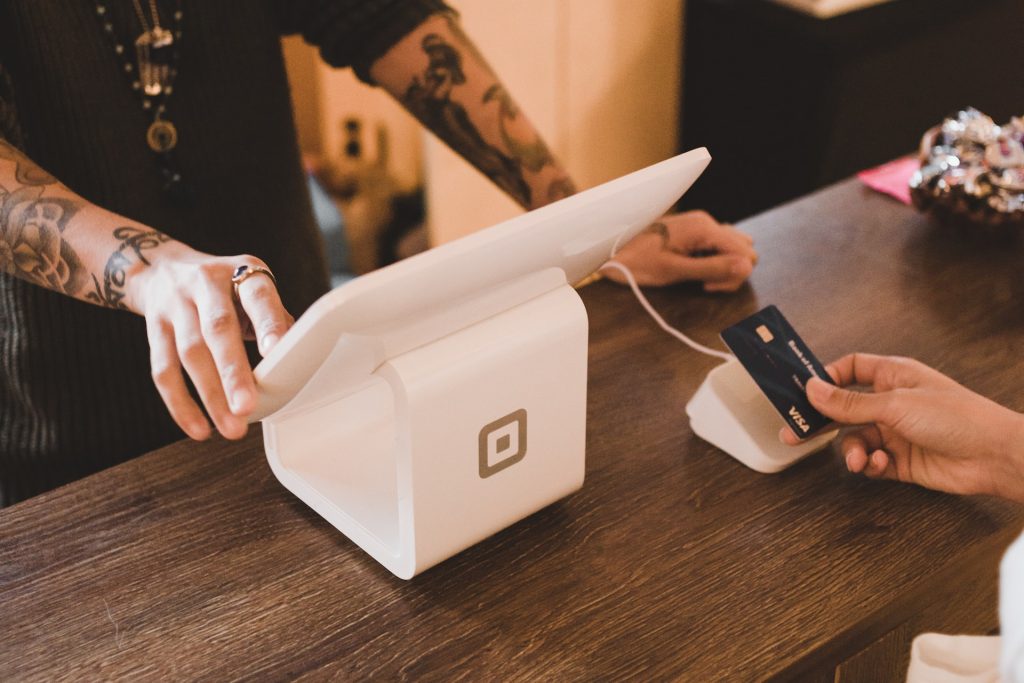A credit card and line of credit are great things to have in your financial toolkit. They provide a safety net when you run into trouble and can’t afford an urgent repair on your own.
But between consumerism pushing you to buy more things and inflation raising the prices on almost everything, it’s easy to rack up a lot of bad debt on these accounts. If you’re struggling to keep your balances low, here’s how you can manage these accounts wisely.
1. Budget for Everyday Expenses
Plenty of people use their credit cards or line of credit loans for everyday expenses, transferring the money immediately from their checking accounts. But trouble can arise if you lose track of your expenses and spend more than you can afford.
Use a budget if you don’t realize how often you tap into credit. This spending plan can reveal bad spending habits that pile on debt.
Being aware of your bad habits can help you nip them in the bud. You’ll be able to put a limit on how much you spend.
2. Borrow Money with Fixed Terms
As a revolving financial product, your line of credit remains open for as long as you have room available on this account and keep it in good standing. If having this open is a temptation, you can stop relying on it in emergencies and use short-term direct deposit loans instead.
Many loans with direct deposit have fixed terms, meaning they come with a firm end date. Once you make all your payments and repay what you owe on time, this account will close.
Once it’s closed, applying for another loan is the only way to get more money. This added step can deter you from borrowing more than you can afford compared to a line of credit.
3. Watch out for Rewards
Many people use credit to tap into the cashback rewards or discounts that come with their card, which can be a handy way to save money on things you have to buy anyway.
However, the promise of earning rewards can convince you to buy more than you usually would. This spending behavior is called purchase acceleration, and it can cause you to get into debt, often for points you don’t use.
Remember this as you chase points — it’s often not worth it!
4. Pay More Than the Minimum
Whether you use credit for everyday purchases or emergency expenses, you’ll always want to pay off your balance in full.
The minimum payment doesn’t pay off debt, which means you’ll carry over a balance that’s subject to interest and finance charges. By paying your full balance, you may reduce the fees you pay and free up your limit faster.
Of course, this can be hard if you’re dealing with an unexpected expense, you can’t cover out of pocket, so you’ll need to budget to put as much cash towards your full balance as possible.
5. Set Automatic Savings
Handling the unexpected without dipping into direct deposit loans or credit cards is easier when you have a robust emergency fund of savings.
Make sure you leave some room in your budget to set aside some savings each month. Over time, these consistent contributions will create a substantial emergency fund ready for the next repair or expense.
And there you have it — five ways to manage your finances so that you use credit responsibly!

